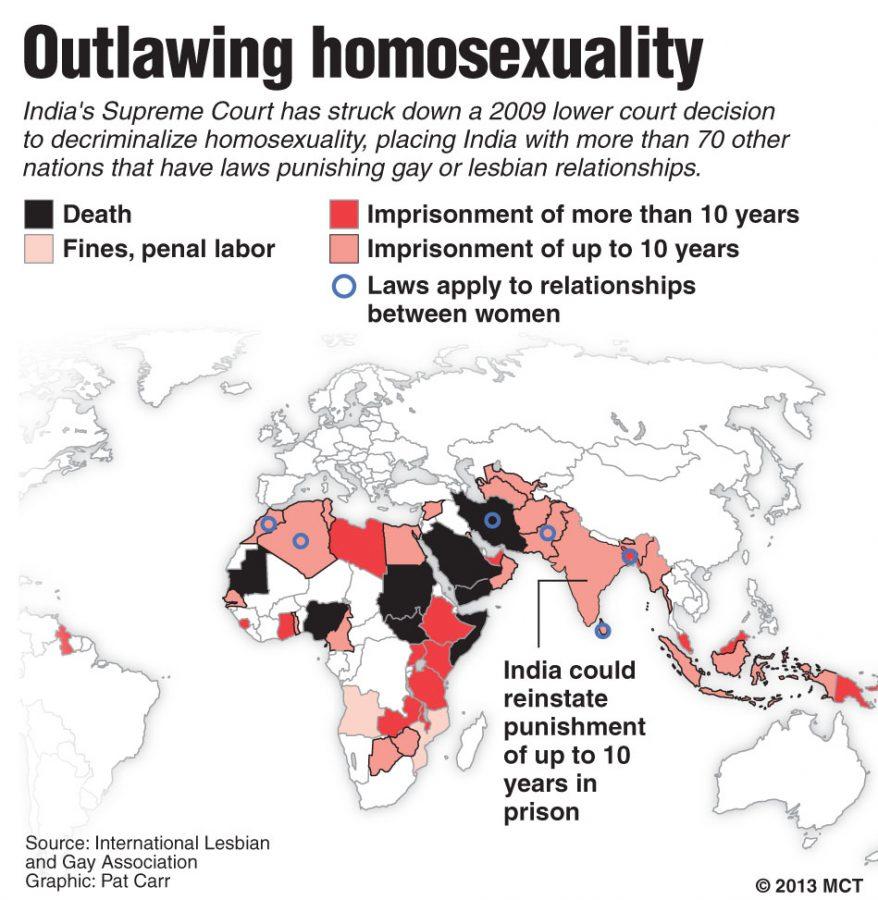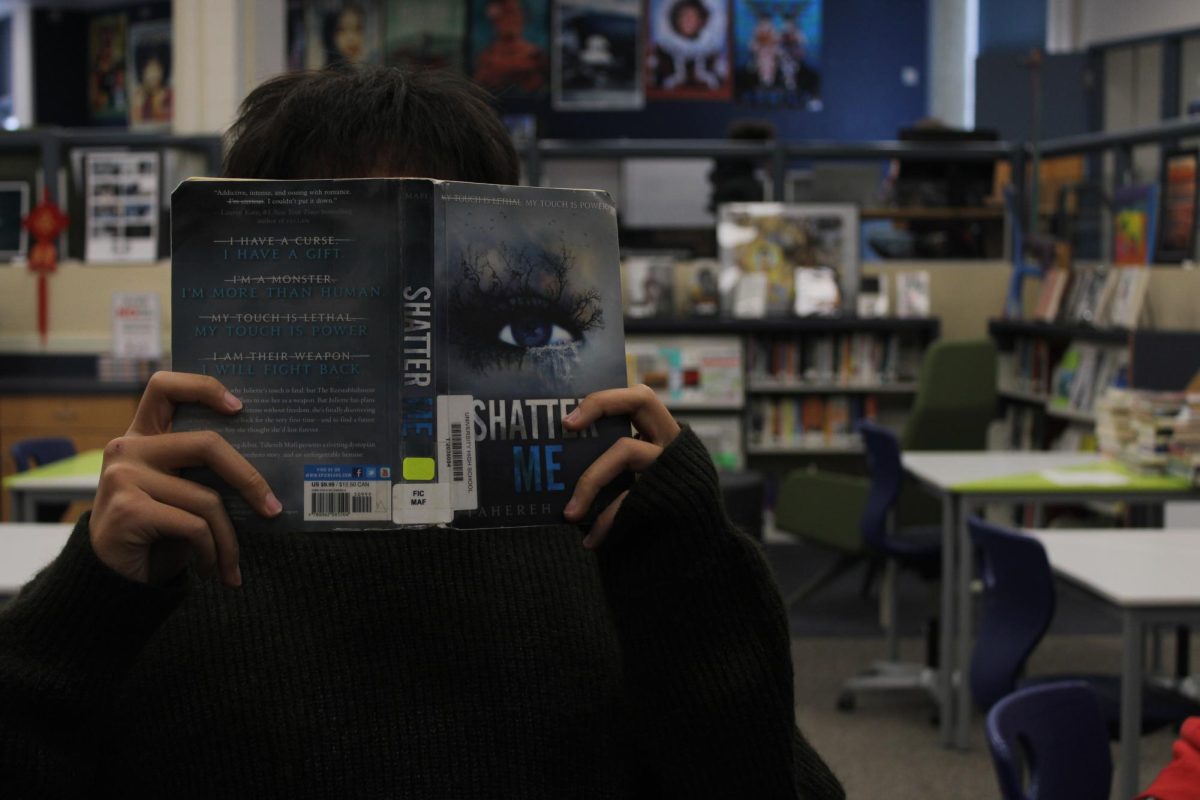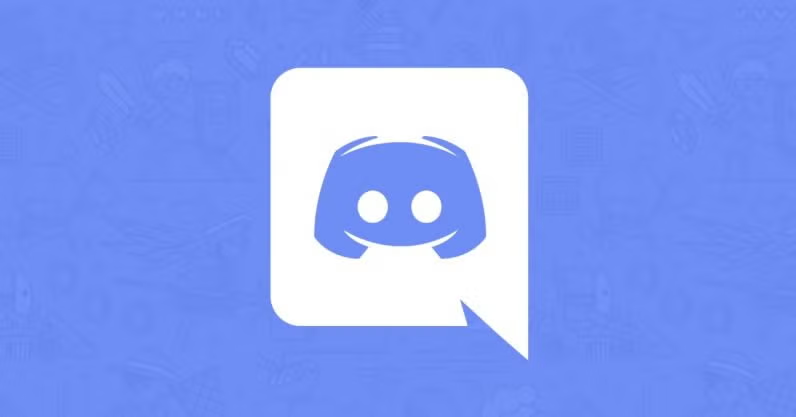
The last couple of years have brought remarkable progress for the gay rights movement. With the legalization of marriage equality in a number of American states, revocation of the military’s “don’t ask, don’t tell” policy and several celebrities coming out of the closet, gay rights activists have reason to believe that their quest for equality is not far from being reached. However, such progress made in developed countries is less meaningful if developing countries like India are taking measures to negate the actions of gay rights activists. In the midst of a social revolution as large as the gay rights movement, it is shocking to hear of the recent drastic changes made by the Indian Supreme Court.
According to the Wall Street Journal, in 2009, the Delhi High Court ruled that a 19th-century provision in the nation’s penal code, effectively banning gay sex, should not apply to consensual acts. However, on December 11, 2013, this ruling was overruled by the Supreme Court of India. Time Magazine reports that the law criminalizing homosexuality will thus be brought back into effect. As shocking as this ruling is, it is absolute. A number of protests followed thereafter, but to no avail. Although one might have seen the initial 2009 court ruling as a sign of progress, ultimately the Indian judiciary crushed this national and international progress. Though the court ruling did not directly state that being homosexual was illegal, it was, however, implied.
Shortly after the Supreme Court ruled that all acts of gay consensual sex were illegal, Indian political parties came forward with their views on homosexuality. A member of the Bharatiya Janta Party (BJP), a right-wing-nationalist party, called homosexuality “unnatural.” This party platform further nullifies any prospect of homosexuals regaining their rights.
This recent ruling raises the question of how exactly the government plans to find out how, when and with whom an individual conducts his or her sexual affairs. The ruling is not only an inhumane act and a major setback for the Indian LGBT community’s struggle for equality and acceptance, but also an invasion of an Indian citizen’s right to privacy. What a couple does behind closed doors is personal and private–intruding into a homosexual couple’s personal life is unjust, especially since heterosexual couples retain their rights to privacy. The implication that being gay is illegal is now partnered with the reality that the government of India does not see homosexuals as citizens with the same rights as heterosexual Indian citizens.
During my December visit to India, I spoke to other high school peers who lived in Kolkata, West Bengal. I found that each of their responses held one thing in common: resentment towards the Supreme Court’s ruling. It became clear to me that the people of India do not have the same democratic community they once had, especially regarding sexuality. The public is clearly growing to accept homosexuals and regard them as human beings with equal rights.
“I think this is a dark day for the constitution,” said Gautam Bhan, a gay-rights activist from New Delhi, to the Wall Street Journal regarding the Supreme Court ruling. Unfortunately, this sentiment begs the question: if the public did not wish for this ruling to be passed, why did it? It occurred because India, like the rest of the world, is riddled with corruption. Those responsible for this ruling are themselves corrupt and unorthodox, unworthy of having the power to make such grave decisions for an entire nation. The government must educate India’s masses so that younger, more progressive Indians can become more active members in their country’s politics, and so that politicians can hear the voice of their country’s future generation.
The unfortunate case that unraveled in India is deeply disappointing and disheartening. It is common for controversial issues to move in a “one step forward, two steps back” motion, and this Supreme Court decision has deterred the gay rights movement for now. Homosexuality’s situation in India seems grim at the moment, but I have faith that the Indian LGBT community will ultimately gain equality and liberty, though I do not know how long it will take.
By NEEL MUKHOPADHYAYStaff Writer









